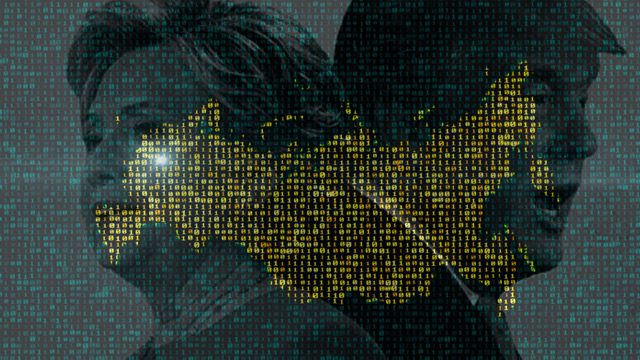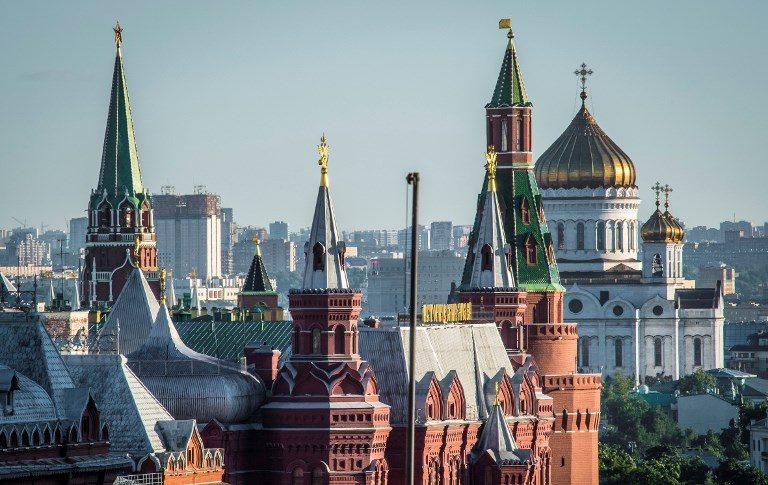SUMMARY
This is AI generated summarization, which may have errors. For context, always refer to the full article.

MANILA, Philippines (UPDATED) – Facebook, Google, and Twitter are slated to share their findings from investigating potential connections between Russian entities and posted content, advertising, and possibly even videos shared on YouTube that may have manipulated politics in the United States during the 2016 elections.
Media reports from Recode and the Wall Street Journal, among others, added the potential affected number may have been more than originally estimated, especially as it pertains to social media giant Facebook.
Around 126 million users from Facebook alone – a potentially large portion of the US voting public – possibly saw such content from Russian sources.
Google and the Internet Research Agency
Google, on its end, found two accounts linked to the Internet Research Agency spent $4,700 on search and display ads during last year’s US election cycle, Google general counsel Kent Walker and director of information security Richard Salgado said in a blog post.
The ads were not targeted based on which states people lived in or their apparent political leanings, the men said.
“Like other internet platforms, we have found some evidence of efforts to misuse our platforms during the 2016 US election by actors linked to the Internet Research Agency in Russia,” Walker and Salgado said.
“While we have found only limited activity on our services, we will continue to work to prevent all of it, because there is no amount of interference that is acceptable.”
YouTube woes
Walker and Salgado also said there were 18 channels at YouTube “likely associated” with the campaign that made English language videos available that appeared to have politically-oriented clips in the mix of offerings.
A total of 1,108 such videos were uploaded, totaling 43 hours of content, and racked up 309,000 views in the 18 months leading up to the election won by US President Donald Trump.
The channels had relatively low view counts, with only about three percent of them logging more than 5,000 views. The channels identified have been suspended, according to Walker and Salgado.
There was no evidence that RT, a reference to a state-run Russian television network, manipulated YouTube or violated its policies, the men said. (READ: Twitter bars ads from Russia’s RT, Sputnik)
Election-related Tweets
A source familiar with Twitter’s testimony for Congress meanwhiel said the service identified 36,746 accounts that “generate automated, election-related content” during the 3 months leading up to the election and appeared linked to a Russian account.

Those accounts generated approximately 1.4 million automated, election-related Tweets, which collectively received approximately 288 million impressions, meaning responses or other engagement by readers.
All 3 firms are expected to appear on November 1 in an open Senate Intelligence Committee hearing on the rising evidence that they were covertly manipulated in a campaign to help Donald Trump win the presidency.
US justice officials are also probing the alleged Russian involvement, and possible collusion by the Trump campaign.
Two former Trump associates were indicted Monday and it was revealed another has pleaded guilty to lying to FBI investigators, in the first substantial legal action stemming from the probe into Russia’s US election interference.
There is nothing to date that directly ties the president to Russian efforts to sway the 2016 election. But actions by his aides, and his refusal to strongly condemn Moscow interference, have fueled lingering suspicions.
Moscow has denied any attempt to manipulate the US election. – with reports from the Agence France-Presse/Rappler.com
Add a comment
How does this make you feel?
There are no comments yet. Add your comment to start the conversation.